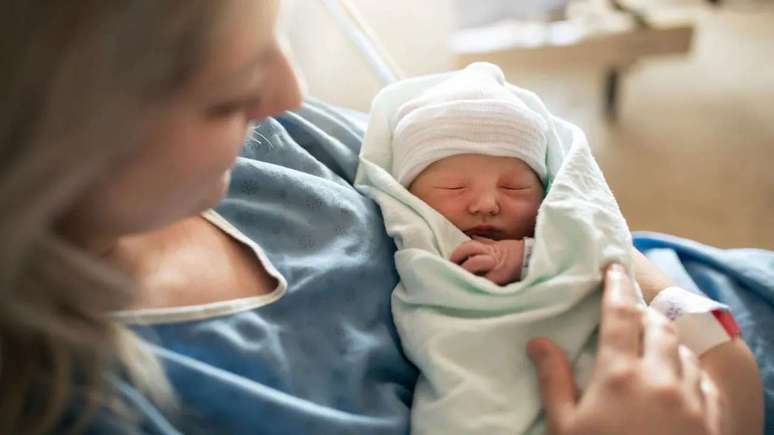The influencer was due to be hospitalized in May of this year due to a refractory headache. The doctor explains the risks during pregnancy

Virginia Fonseca, wife of Zé Felipe, has returned to complain about migraine attacks on her Instagram. The influencer had already been hospitalized for a few days in May of this year due to a refractory headache. Pregnant with her second child, Virginia revealed that she felt sick from a headache.
refractory headache
Like Albert Einstein Hospital neurosurgeon and neurologist Dr. Wanderley Cerqueira de Lima, refractory headache is a common but constant headache that is difficult to treat and unresponsive to any medication. “Refractory headache, as the name implies, is difficult to cure immediately, a situation in which the patient is medicated and he always continues with that persistent pain,” he adds.
However, influencer headaches are not dangerous or uncommon, as long as all necessary tests are done and no structural damage is found, or a brain injury such as a tumor, for example. “If this is not the case with the patient, the treatment is truly medicated and, in this early pregnancy, she rests,” says Dr. Wanderley.
Migraine in pregnancy
The neurologist states that headaches can appear frequently in some pregnant women, even in the first trimester of pregnancy due to the intense hormonal changes of the period. Migraine is potentially serious for the pregnant woman or fetus if there is an acute and severe neurological disease, such as clots in the brain, vasculitis, increased pressure in the skull, stroke, or even intracranial hemorrhages.
Diagnosis is also difficult during pregnancy. This is because anyone with a severe headache can perform complementary tests such as MRI, transcranial doppler, and electroencephalogram. However, women in early pregnancy cannot undergo radiation such as x-rays, tomography and radiation therapy, as they can cause malformations in the fetus.
Treatment for pregnant women
The doctor points out that Virginia’s treatment is a little more difficult, as she is pregnant and cannot be on any type of medication. “What happens is that, when administering the drugs, you have to be careful so that it does not pass to the placenta and reach the baby”, she justifies herself.
Protecting the mother and fetus from all risks, forms of treatment can range from non-pharmacological methods, such as acupuncture, relaxation techniques, psychotherapy or otherwise, to analgesic drugs that do not affect the baby when it crosses the placenta. Preventive or prophylactic medications can also be used.
The doctor. Wanderley also stresses the importance of treating the nausea and vomiting that accompany the pregnant woman to avoid dehydration of the mother. “It is essential to discuss the use of drugs with the obstetrician and / or neurologist, always taking into account the gestational age, the maturity of the fetus and any risks that may occur,” he concludes.
Source: Terra
Benjamin Smith is a fashion journalist and author at Gossipify, known for his coverage of the latest fashion trends and industry insights. He writes about clothing, shoes, accessories, and runway shows, providing in-depth analysis and unique perspectives. He’s respected for his ability to spot emerging designers and trends, and for providing practical fashion advice to readers.







